Sector
Technology
Whether developing data-driven leaders or creating public-private partnerships throughout Virginia’s technology sector, we help industry harness the power of technological advancements for the state’s common good.
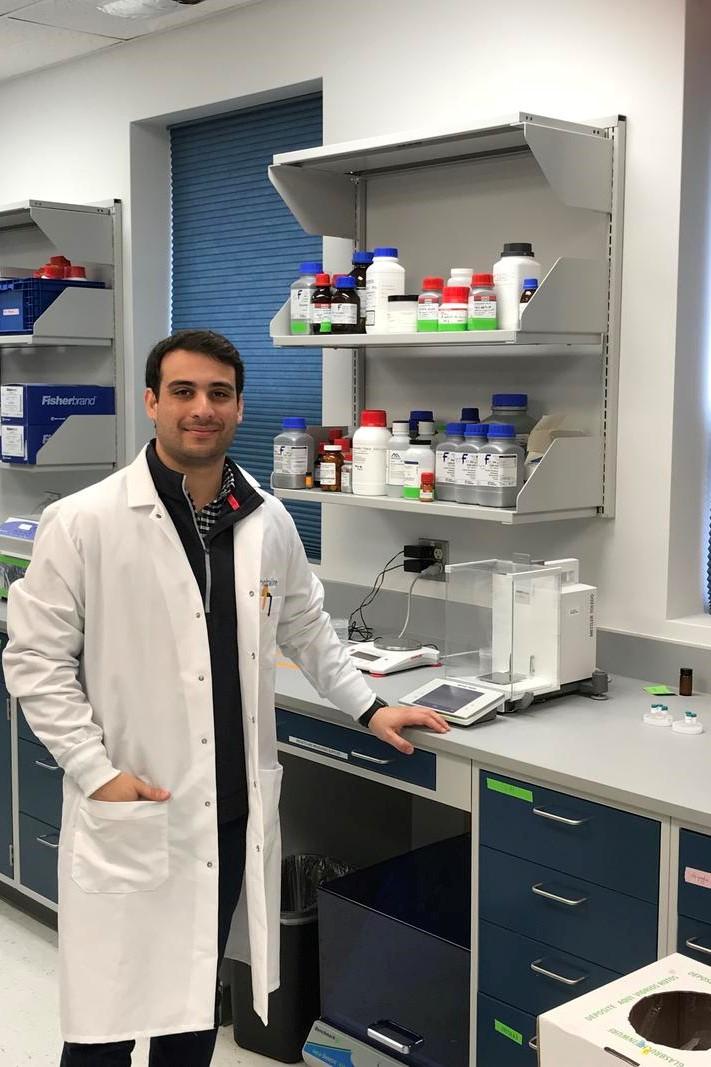
A WMRA podcast alludes to UVA's role in the biotechnology industry in Central Virginia. Grounded in UVA research and support from UVA's Licensing and Ventures Group (LVG), companies like Contraline and TearSolutions are making exciting advances and nurturing the biotechnology ecosystem in the region.
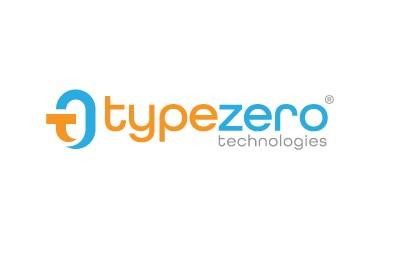
Insulin delivery technology developed at UVA and commercialized by TypeZero Technologies, Inc. received initial support from UVA's Licensing and Ventures Group (LVG). Now, LVG has exited from TypeZero following acquisition by DexCom, the leader in continuous glucose monitoring for diabetes. The news highlights UVA's cultivation of research and entrepreneurship that ultimately improves lives and stimulates our economy.

The UVA Licensing & Ventures Group (LVG) has invested in three Charlottesville-based ventures that grew out of University research. TypeZero Technologies Inc., TearSolutions Inc., and Mission Secure Inc. all have the potential to make an impact and to drive the local and regional economy. The LVG Seed Fund offers UVA-affiliated startups capital to advance opportunities often considered too early for investment by traditional sources.
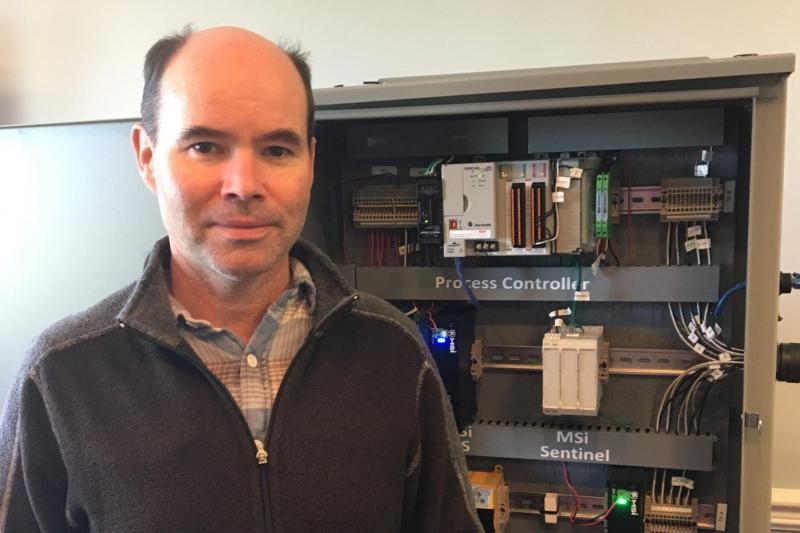
Mission Secure Inc. recently announced the closing of an $8 million Series A financing round led by Energy Innovation Capital and Chevron Technology Ventures. The company spun out of UVA research and intellectual property developed by UVA's Licensing and Ventures Group. Mission Secure Inc. supports jobs in Charlottesville and plans to double their workforce going forward.
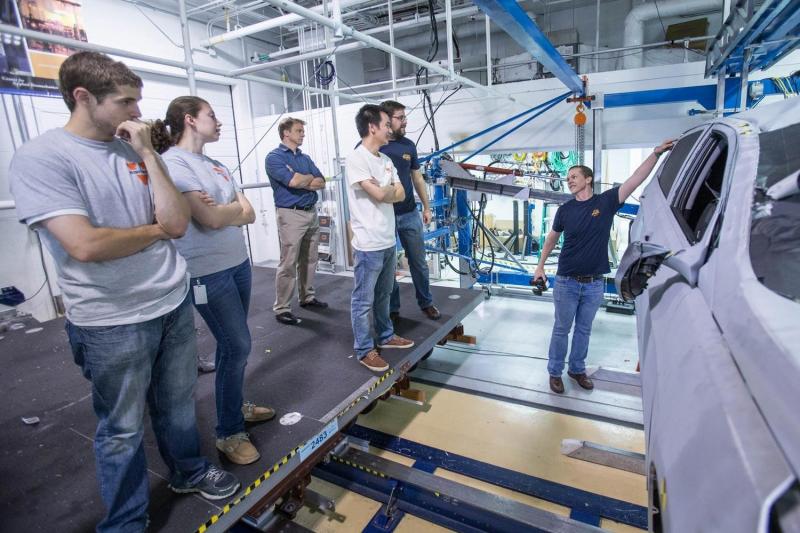
UVA's Center for Applied Biomechanics is taking a leadership role in analyzing populations with heightened vulnerability to traffic-related injury or death, specifically women and obese passengers. Increased understanding of injury tolerance and prediction will allow automotive manufacturers, policymakers, and researchers to make vehicles safer for the entire population.
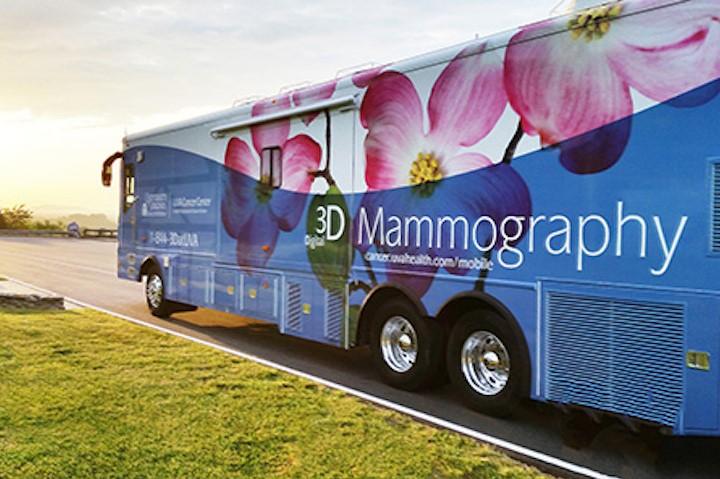
A new UVA Cancer Center Without Walls initiative will empower Southwest Virginia residents to lead projects to better detect and prevent cancer in the region. The initiative grew out of a community advisory board formed in 2013 and will address cancer disparities in the Appalachian counties of Southwest Virginia.
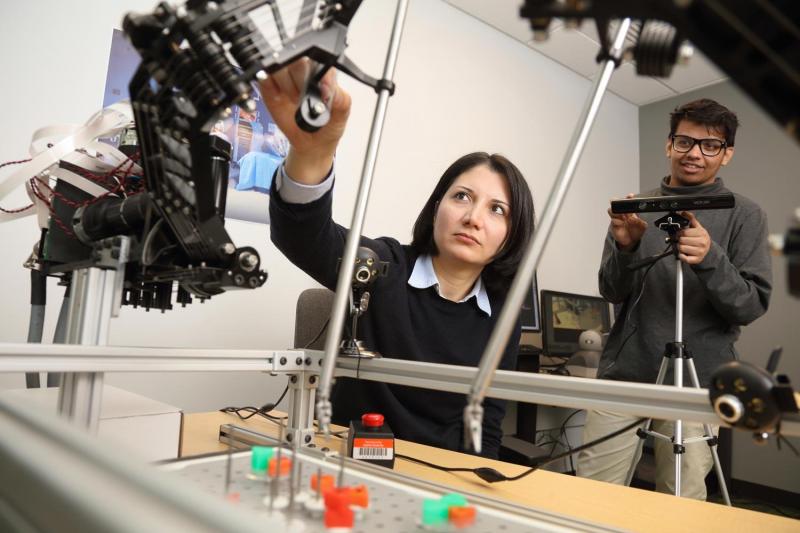
NSF funding will allow UVA Engineering’s Link Lab to develop a new program that will train graduate students to make discoveries and then translate that knowledge into new technologies, products and services. The program will help train the next generation of scientific leaders to develop the skills necessary to tackle complex societal problems.
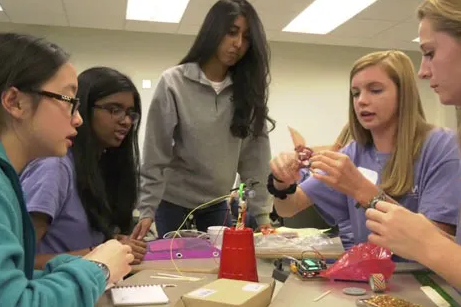
Women engineers at UVA host high school women each year to promote STEM and engineering as an accessible career path. UVA's Society of Women Engineers teaches women the basics of the field and empowers them to explore its possibilities, creating necessary expansion of the engineering and STEM pipelines in Virginia.
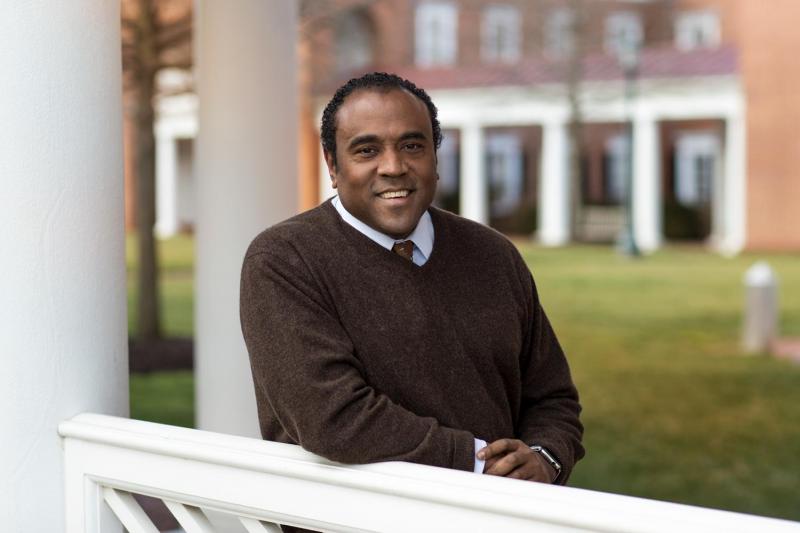
Professor Gregory B. Fairchild is the first director of Northern Virginia operations for the University of Virginia. He will oversee programs and facilities currently offered by Darden, the McIntire School of Commerce, and the School of Continuing and Professional Studies, among others. His appointment is indicative of UVA's growing presence in the Washington region.

The MITRE Corporation and UVA Engineering launched a Systems Engineering Fellowship for federal employees intended to help train the next generation of government technology leaders. The program is underway in McLean, VA and offers military and civilian government employees hands-on project and research experience at MITRE with an accelerated master's degree in systems engineering from UVA.
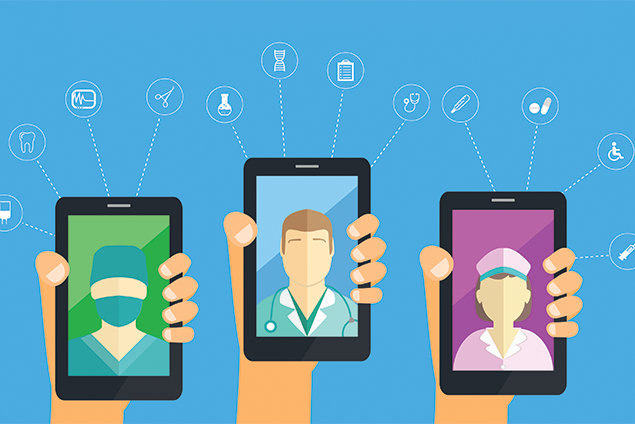
An app designed by researchers at the University of Virginia is proving that 'warm technology' - personalized and personal - can have an impact on patient engagement and care management. A second iteration of the app will engage healthcare providers, further refining a concept that will positively impact patients throughout Virginia and beyond.
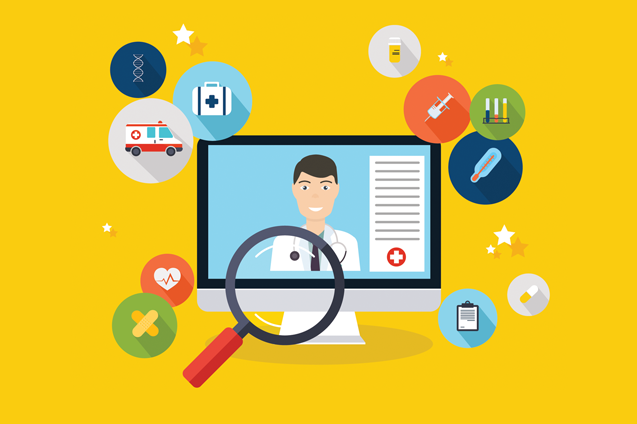
UVA launched a first-of-its-kind study using telemedicine to detect bladder cancer in underserved parts of the state. A UVA urologist provides analysis and diagnosis through the virtual platform, expanding access to care in an area where increased screening and services could improve early detection and treatment outcomes.